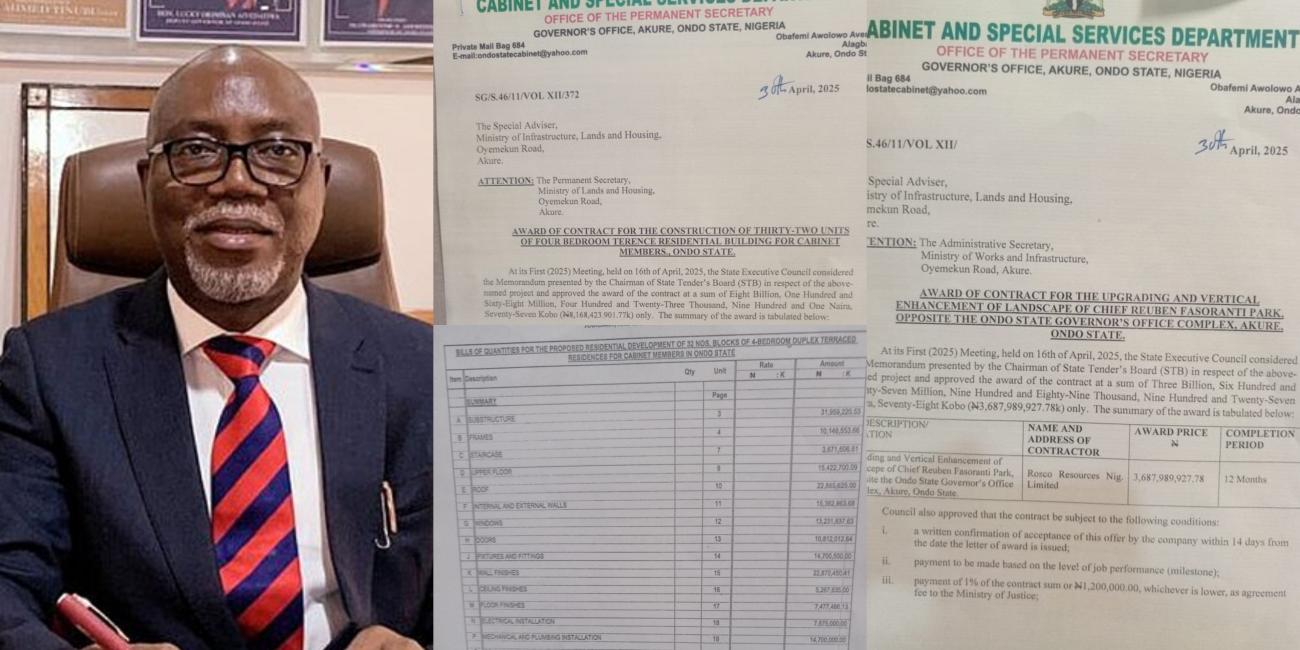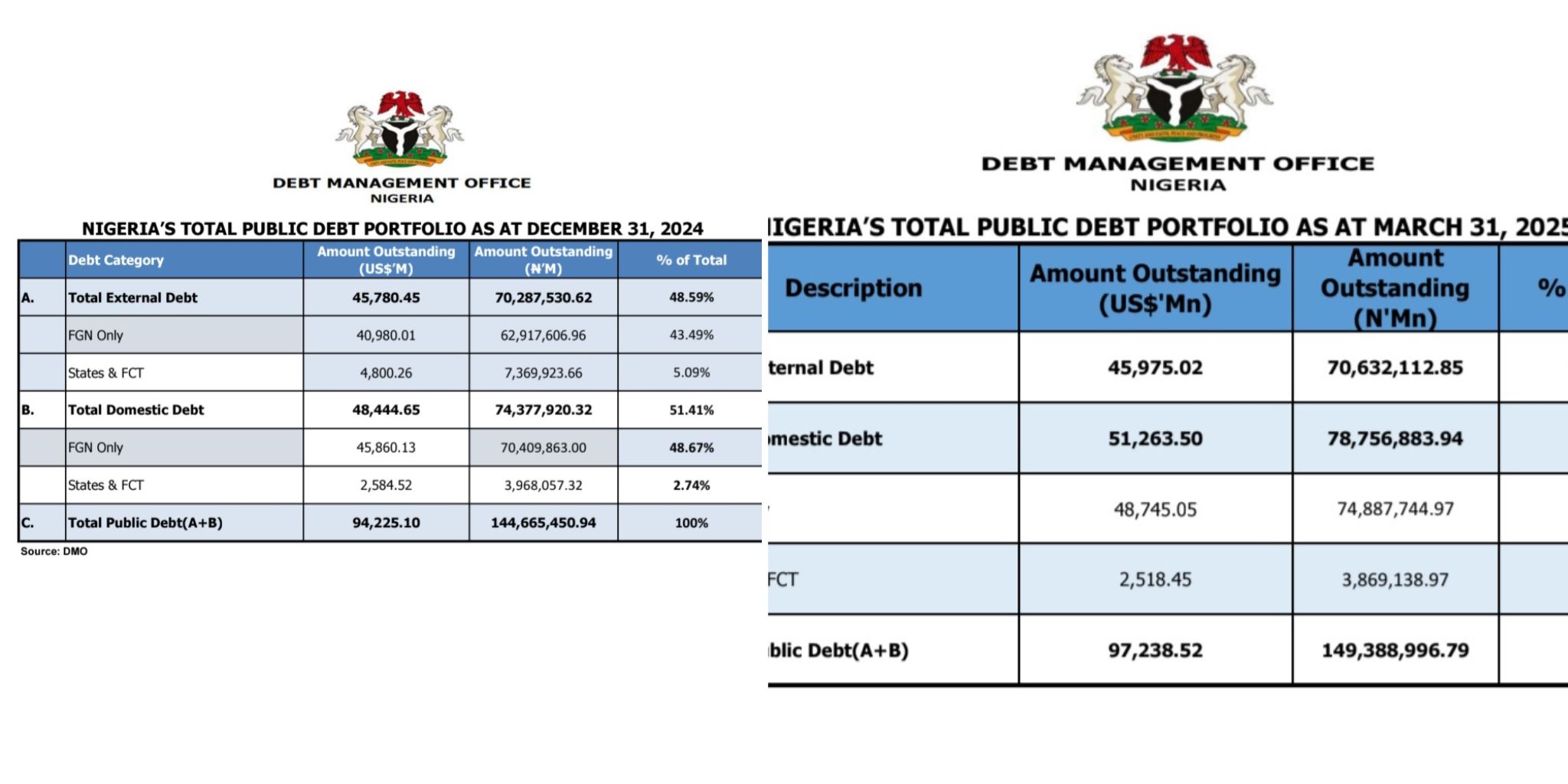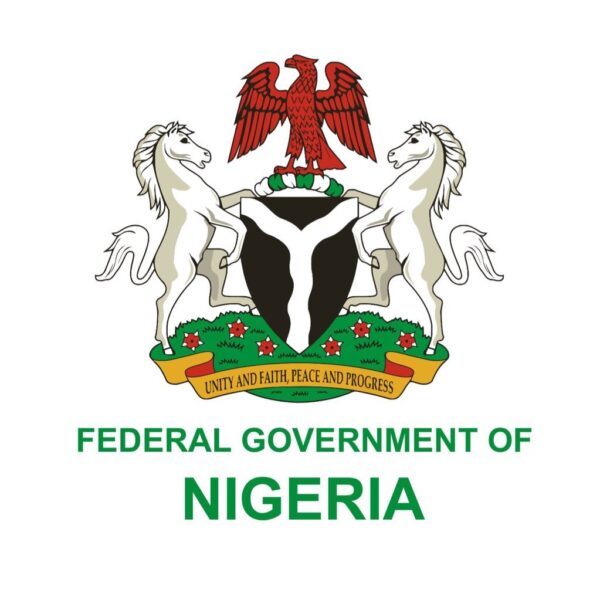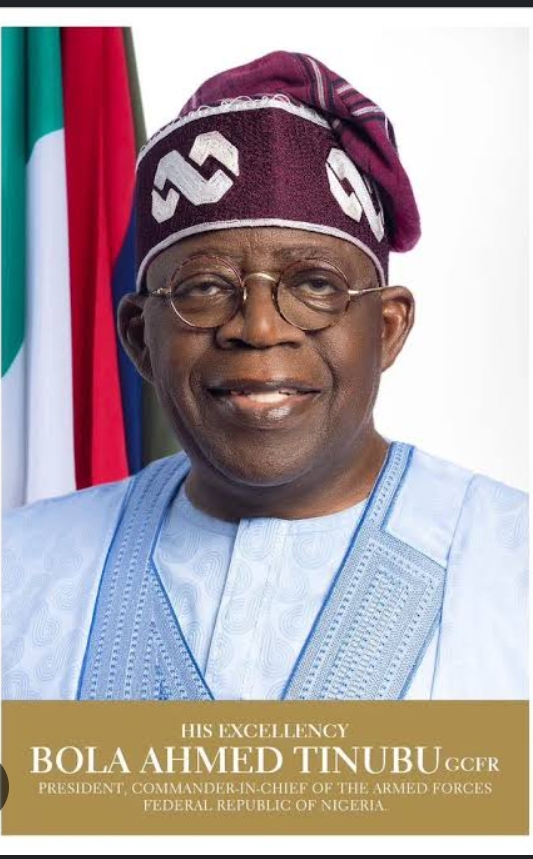BY ANTHONIA EMMANUEL
The Ondo State Government has approved a contract worth ₦8.168 billion for the construction of 32 four-bedroom luxury terrace houses for members of the state executive council. The decision, which came out of the first Executive Council meeting of 2025, has triggered a wave of public backlash, with citizens questioning the timing and necessity of such a massive expenditure amid pressing socio-economic issues in the state.
The contract was awarded to Cosgrave Investment Ltd., a construction firm based in Abuja, and is expected to be completed within 18 months. At approximately ₦281 million per unit, the cost has raised eyebrows, especially considering that the current cabinet has only two confirmed commissioners: Olukayode Ajulo (SAN) for Justice and Omowumi Isaac for Finance. Many are asking why 32 homes are needed when the cabinet isn’t even fully formed.
The project is expected to be located in Akure, the state capital, and falls under the purview of the Ministries of Infrastructure, Lands, and Housing. Internal documents show that the contract is subject to milestone-based payments, and the contractor must submit written acceptance within 14 days of the award date. Despite the administrative formality, public sentiment leans heavily toward skepticism and concern.
Reactions from residents and civil society groups have been largely negative, with many describing the move as tone-deaf and reflective of misplaced priorities. Citizens argue that the same amount could have been used to develop affordable housing across the 18 LGAs offering homes to teachers, nurses, and junior civil servants. At ₦8.2 billion, experts estimate that over 200 units of 2-bedroom flats could have been built, with each LGA receiving about 20 homes.
Several critics also pointed out that the government already owns the land for the proposed site, making the ₦281 million price tag per unit even harder to justify. The backlash comes at a time when many public institutions are struggling. Staff at Rufus Giwa Polytechnic are reportedly owed salaries, and state-owned school buses in various LGAs are in disrepair. Meanwhile, security agencies like the Amotekun Corps and local police reportedly lack basic equipment and operational funds.
Major infrastructure projects initiated by the previous administration remain stalled or abandoned. Roads like Oda, Ijoka, and the Onyearugbulem Flyover are still incomplete, while the Akure-Okearo Road project, recently flagged off, is clouded in secrecy, no clear budget or completion date has been made public.
Many have also raised concerns over the lack of financial transparency under the current administration. There are no available reports on the state’s Internally Generated Revenue (IGR), monthly FAAC allocations, or how security votes are being spent. Some analysts say the government is operating more like a “secret society” than a public office, noting that even the federal government releases periodic fiscal updates.
Amid growing frustration, calls are mounting for the Economic and Financial Crimes Commission (EFCC) to probe the state’s spending. Critics argue that with no transparency, no cabinet, and no tangible progress, there is a need for urgent accountability in how public funds are being managed.
Efforts to reach Ebenezer Adeniyan, the Chief Press Secretary to the Governor, for comment were unsuccessful as calls and messages went unanswered at the time of filing this report.





